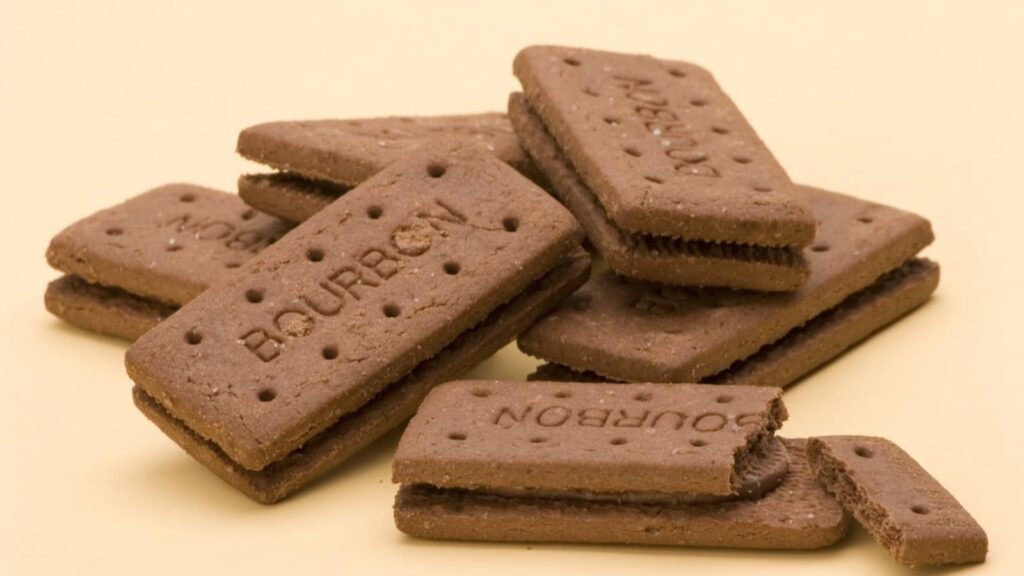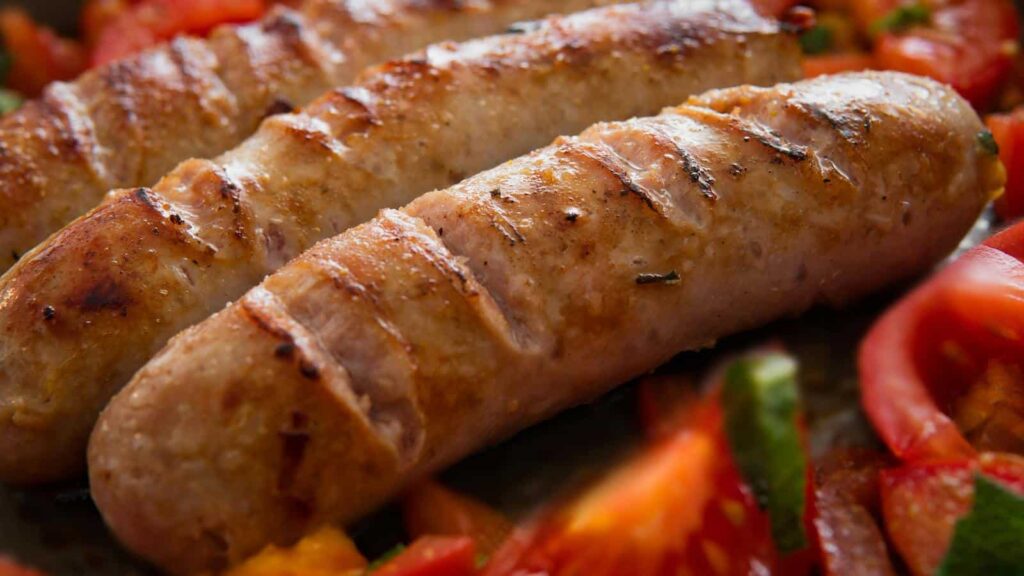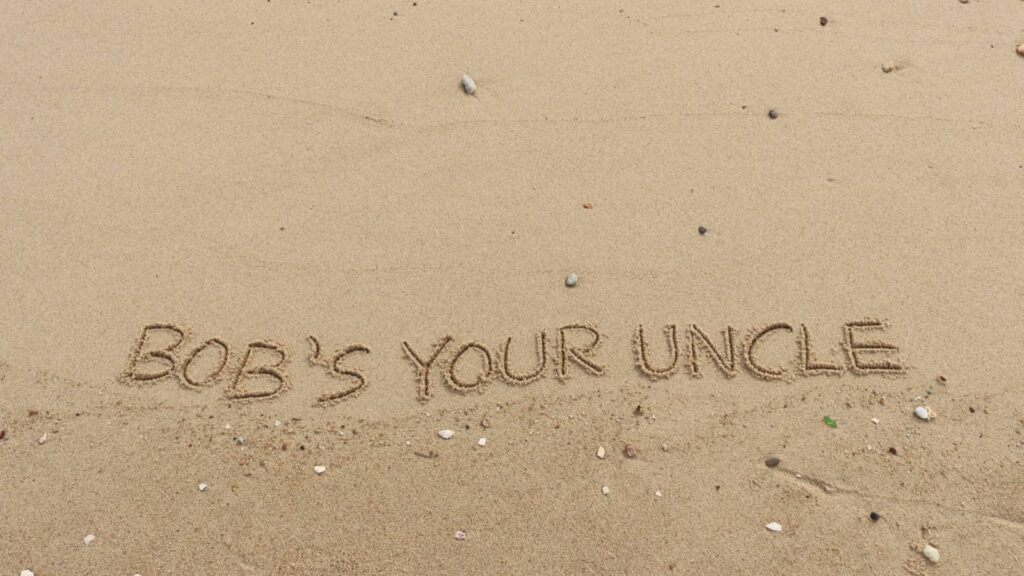Americans Always Get These 10 Common British Phrases Wrong
Americans Always Get These 10 Common British Phrases Wrong

British phrases often trip up Americans who aren’t familiar with the quirks of UK English. From cheeky banter to a plate of bangers and mash, British slang can be both confusing and amusing to those from outside the UK.
Understanding these terms isn’t just about translating; it’s about getting a glimpse into British culture and humor. Let’s explore some common British phrases to clear up any confusion and maybe even impress your British friends next time you meet!
1. Taking the mickey

When someone is “taking the mickey,” they are making fun or mocking someone else, but it’s all in good spirits. This phrase can often confuse non-Brits who might take the literal meaning or misunderstand the playful intention behind the words. For example, if a friend is playfully teasing you about your new hairstyle, they’re just taking the mickey. It’s not meant to be hurtful; instead, it’s a way to poke fun and have a laugh together.
2. Cheeky

Calling someone “cheeky” is a typically British way of describing someone who’s being impudent or irreverently bold, but often in an endearing or amusing way. A cheeky person might crack a joke that’s slightly off-color, or perhaps cleverly bypass a rule without causing any harm. For instance, if a child sneaks an extra biscuit from the jar and winks at you, that’s cheeky.
3. Bangers and mash

“Bangers and mash” refers to a traditional British dish consisting of sausages (“bangers”) and mashed potatoes (“mash”). It’s a comfort food widely loved across the UK, often served with onion gravy, peas, or beans. If you’re ever in a British pub and see this on the menu, don’t pass up the opportunity to try it. It’s hearty, satisfying, and quintessentially British.
4. Bob’s your uncle

This quirky phrase means “and there you have it” or “and everything is set.” It’s used after a set of instructions and means everything should smoothly follow according to plan. For example, if someone is explaining directions, they might end with, “turn left at the red house, walk straight for five minutes, and Bob’s your uncle! You’re at the café.”
5. Gutted

To be “gutted” is to feel deep disappointment or upset, similar to saying you feel devastated. It’s a visceral expression that captures the depth of someone’s emotional state. Imagine your favorite team loses a crucial game at the last minute; that sinking, hollow feeling can be described as being gutted.
6. Knackered

If someone claims they’re “knackered,” they’re saying they’re extremely tired or exhausted. It’s a more colorful way to express that you’re worn out after a long day or after exerting a lot of effort. “After the marathon, I was absolutely knackered,” is how you might use it in a sentence.
7. Chuffed

Being “chuffed” means you are very pleased or happy about something. It’s a positive expression reflecting pride or joy. For instance, if someone compliments your work, you might respond, “I’m chuffed to hear you liked it!”
8. Dodgy

“Dodgy” describes something or someone that’s unreliable, suspicious, or of low quality. It can apply to objects, people, or situations. For example, you might hear someone say, “That looks like a dodgy neighborhood,” suggesting it might be unsafe or untrustworthy.
9. Quid

“Quid” is a slang term for British pounds sterling. Similar to how Americans might use “bucks” to mean dollars, Brits use “quid” for their currency. For instance, if something costs 20 pounds, you might hear, “It costs 20 quid.”
10. Faffing around

“Faffing around” refers to spending time in ineffectual activity or being inefficient and wasting time. If someone is delaying getting ready or not focusing on the task at hand, you might say they’re “faffing around.” It’s a playful critique of someone’s dallying behavior.
We are Mary and Eric, the founders of Be Right Back, a blog dedicated to romance around the globe and at home.
We are Mary and Eric, the founders of Be Right Back, a blog dedicated to romance around the globe and at home. With over 10 years of experience in dating and traveling to romantic places, we share our favorite date ideas and romantic destinations to help couples level up their relationships. Having lived in and traveled through the USA, we also share our favourite things to do in the States.
With 70,000 monthly readers and 16,000 followers on social media, Be Right Back is your go-to resource for romantic trip ideas and couple activities at home and abroad.
